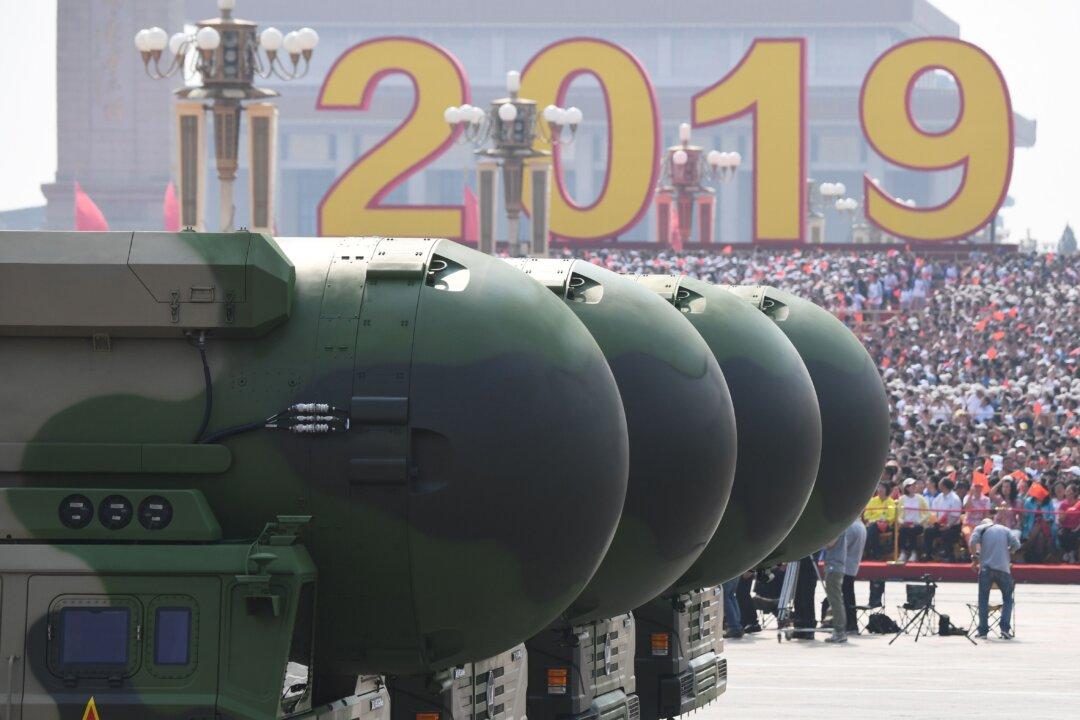The shift in American technology development strategy paved the way for the rise of China in this area, according to Michael Sekora, founding director of the Socrates Project in the Reagan White House.
“China has risen to a superpower faster than any country in the history of mankind. And it wasn’t that the U.S. conscientiously assisted. But … the United States shifted from technology-based planning to finance-based planning. And that shift is what opened the door for China to just accelerate tremendously,” Sekora told the “China in Focus” program on NTD News, The Epoch Times’ sister media.





